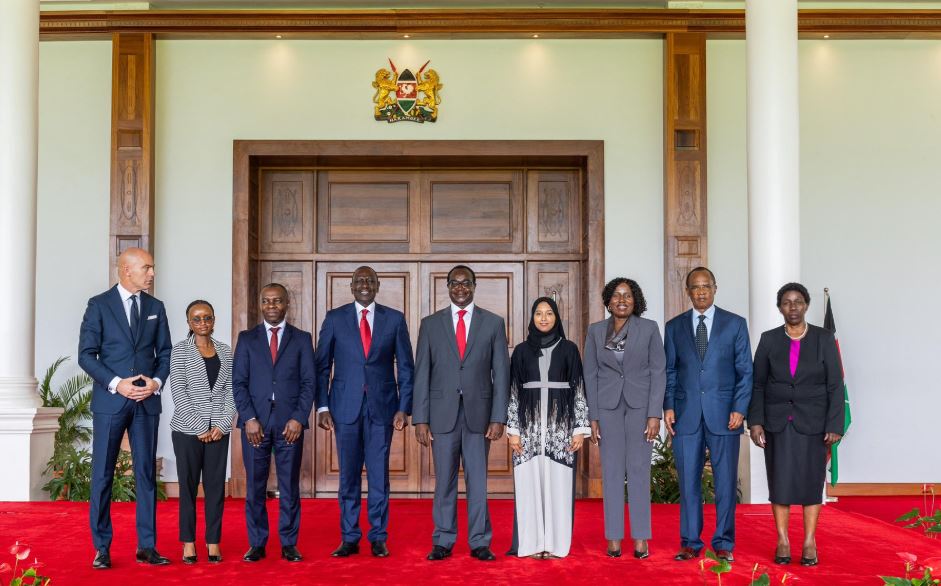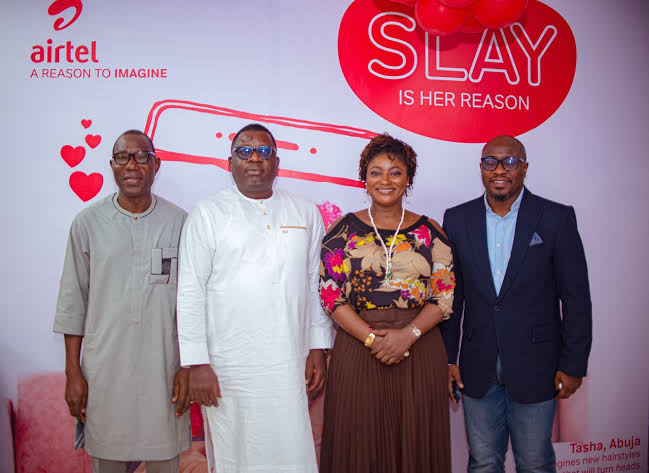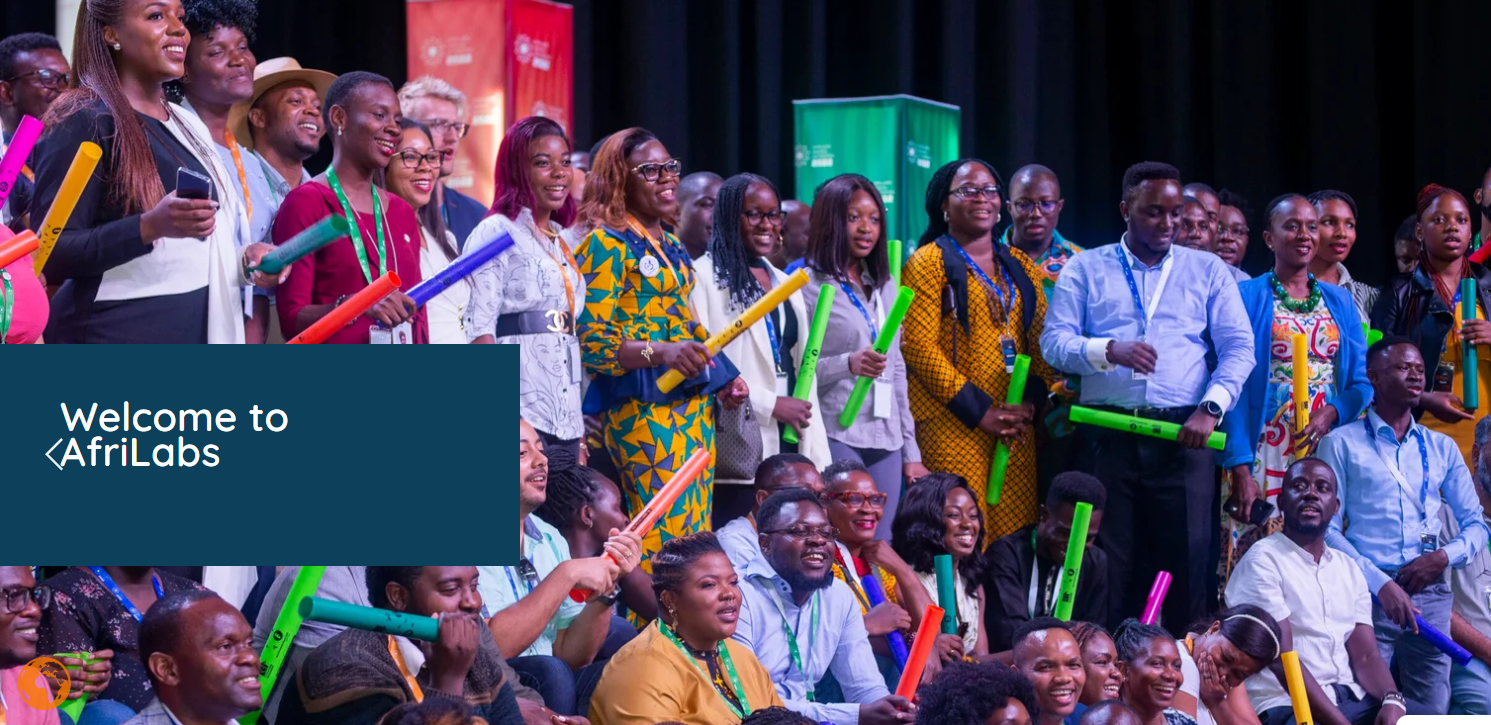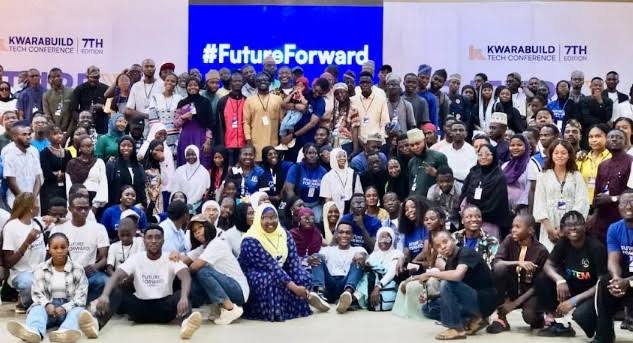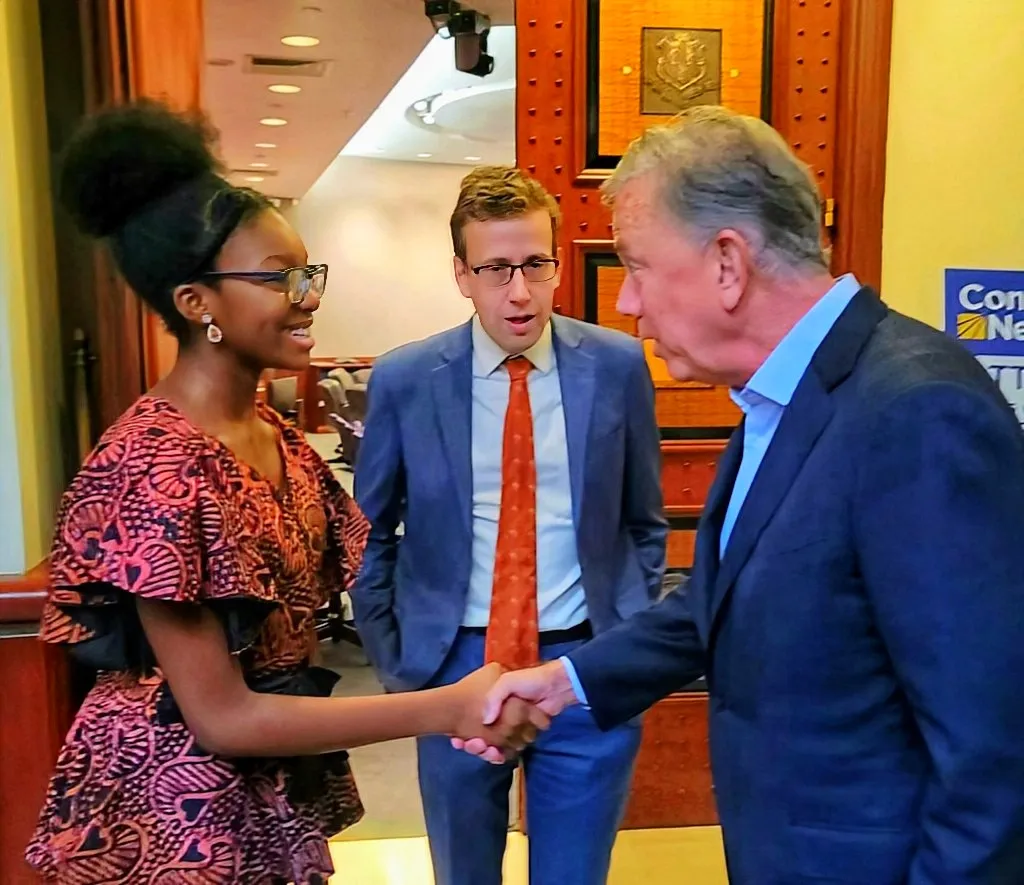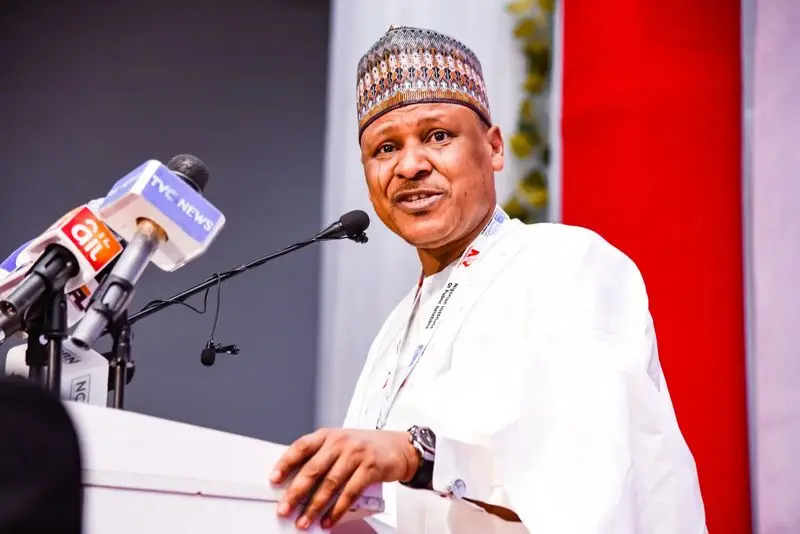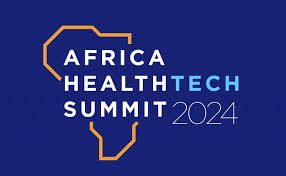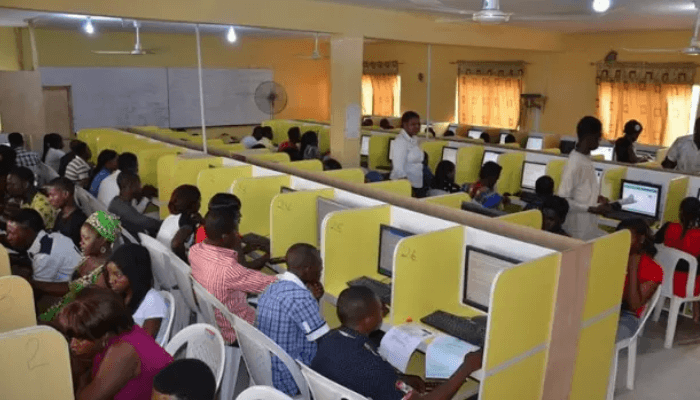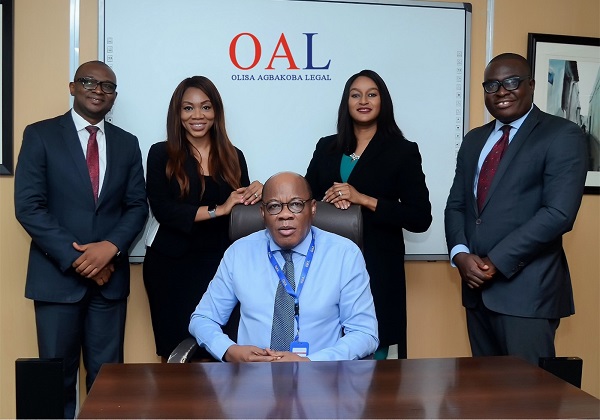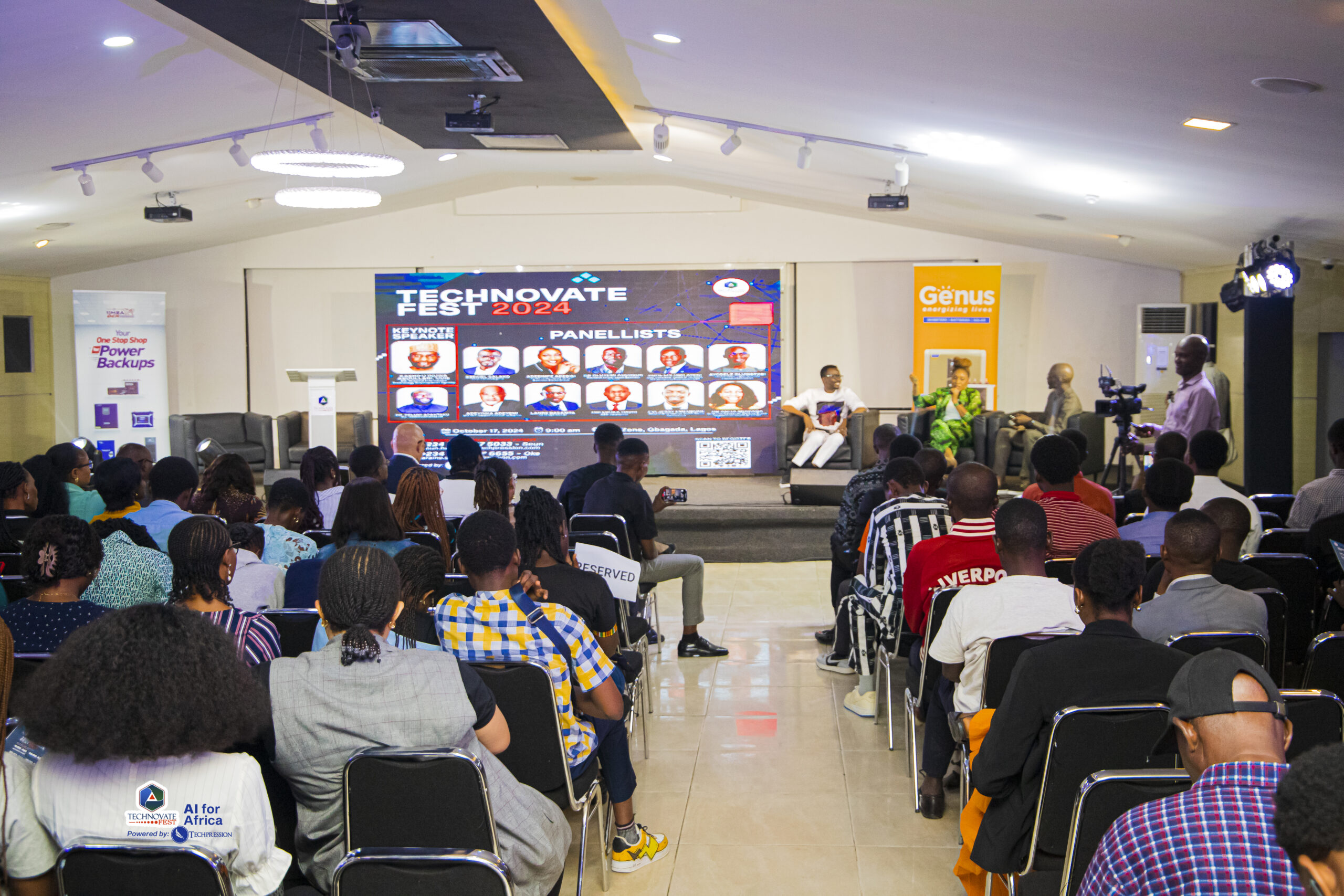The University of Nairobi (UoN), and President William S. Ruto of the Republic of Kenya announced on Monday at State House the launch of Kenya’s Silicon Savannah Innovation Park initiative, which was initiated in partnership with France.
The project which is centred at UoN’s Chiromo Campus includes a cutting-edge Engineering and Science Complex (ESC) which serves as the focal point of both the innovation park and the Nairobi School of AI, ushering in a new era of research, innovation, and higher education in Kenya and throughout Africa.
This €35 million (KSh4.7 billion) project, which is France’s biggest investment in higher education in Sub-Saharan Africa, is a key part of UoN’s revolutionary Big 5 Agenda, which is led by Prof. Patrick V. Verkooijen, the university’s chancellor. It will strengthen the university’s position as a global leader in science, technology, engineering, and sustainability.
The partnership is being facilitated by the Agence Française de Développement, in collaboration with six prominent French universities: CentraleSupélec, Université Paris-Saclay, ParisTech group with AgroParisTech, Chimie ParisTech – PSL, Mines Paris – PSL, and Ecole des Ponts ParisTech.
In collaboration with industry, the new UoN Innovation Park will act as a vital conduit for bringing innovations to market as part of the country’s technical “Silicon Savannah” ecosystem, which also includes Kenya’s first technology and innovation city, Konza Technopolis.
Benefits of the Engineering and Science Complex (ESC)
In addition to being an academic institution, the ESC is a comprehensive innovation ecosystem that depends on state-of-the-art, global, and multidisciplinary research and promotes cooperation between government, business, and academia for the good of society.
With an emphasis on empowering women in Science, Technology, Engineering and Mathematics (STEM) fields, the Complex will feature research centres and industry-aligned curricula in subjects like artificial intelligence (AI), manufacturing, health technology, energy, green and blue engineering, and smart urban planning.
The ESC embodies Kenya and France’s commitment to the 2015 Paris Agreement through its sustainable design while following environmental certification and requirements. It seeks to create a new generation of scientists and engineers who are prepared for the industry and who can tackle the issues of the twenty-first century in Africa and beyond by incorporating cutting-edge resources into a vibrant academic environment.
President Ruto, French Minister Soilihi and UoN Chancellor Verkooijen’s remarks
Dr. William S. Ruto, C.G.H., President of the Republic of Kenya, highlighted the initiative’s national importance during his remarks at the State House launch event. he said, “I am encouraged by the ambition of the Big 5 initiatives, spearheaded by the visionary leadership of Professor Patrick Verkooijen, Chancellor of the University of Nairobi.”
“The University of Nairobi should serve not only as Africa’s Ivory Tower but as Africa’s digital innovation centerpiece. In that light, the Silicon Savannah Innovation Park is more than an infrastructure project – it is an investment in our people, our future, and our standing. Kenya will not only participate in the fifth industrial revolution, we will lead it,” said President Ruto.
“France is proud to stand alongside Kenya in this bold initiative, supported by President Macron, to advance higher-education, innovation, and sustainability. The Engineering and Science Complex is a testament to our shared vision for a future driven by knowledge, collaboration, and excellence in the Silicon Savannah,” Hon. Thani Mohamed Soilihi, French Minister of State for Francophonie and International Partnerships who represented the France government, added.
Read also: Smart Applications enhances healthcare in Kenya with new digital system
Professor Patrick V. Verkooijen, Chancellor of the University of Nairobi, stated:
“The Engineering and Science Complex in the Silicon Savannah Innovation Park represents a bold leap forward, not just for the University of Nairobi, but for Kenya and Africa as a whole. As the cornerstone of our transformative Big 5 Agenda, this initiative embodies our ambition to make UoN a global leader in innovation, sustainability, and artificial intelligence.”
“Through the integration of the Silicon Savannah Innovation Park and the Nairobi School of AI, we are creating an ecosystem where cutting-edge research meets entrepreneurship, where global partnerships drive local solutions, and where the next generation of African leaders is equipped to shape a sustainable, equitable future. The Silicon Savannah Innovation Park is more than just buildings; it is the heart of a movement to unlock Africa’s potential through knowledge, technology, and collaboration,” added the University of Nairobi Chancellor.
